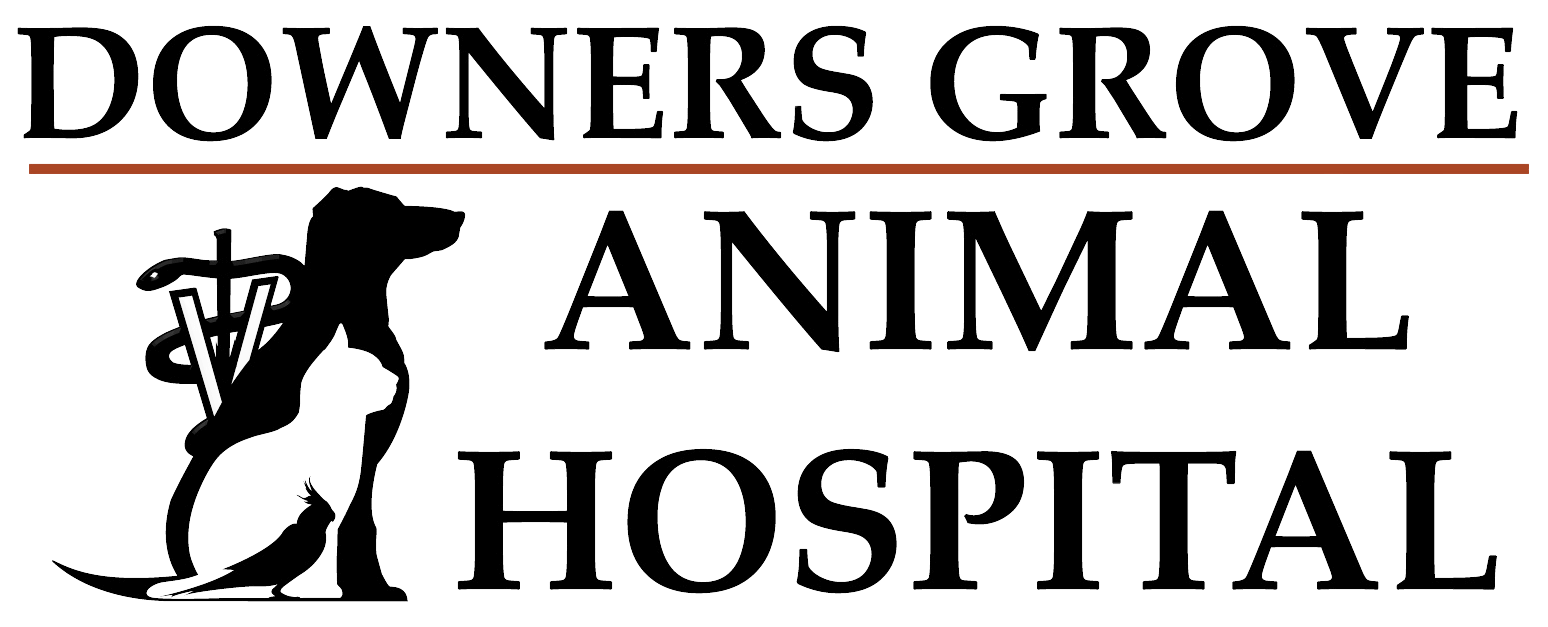Congratulations on your decision to add a new puppy to your family! We will do everything possible to help acquaint you with information on training and health care. Our goal is to maximize enjoyment of your pet while ensuring the best health possible.
A veterinarian should perform a thorough physical examination withing 48 hours of purchase or adoption. There is always a delay between exposure to a disease and the onset of clinical signs of illness. Therefore, it is impossible to be absolutely sure that your puppy is healthy and free of contagious disease FOR AT LEAST TWO WEEKS after you obtain him. For this reason, it is always best to quarentine new pets for at least two weeks. Please call us if you note any signs of illness such as vomiting, diarrhea, listlessness, or loss of appetite.
Immunizations might include Distemper, Hepatitis, Leptospirosis, Parvovirus, Rabies, Influenza, and Bordatella. A series of vaccinations is required to build immunity. Your puppy must be 6-8 weeks of age before this series of immunizations is started. After vaccination, he may be sore for the rest of the day. If so, place him in a warm room, offer food and water, and let him sleep. Do not give aspirin, ibuprofen, or Tylenol. These human medications can be fatal. Puppies are not immune to any of the diseases that they have been vaccinated against until at least two weeks after the last injection. Your puppy may contract these diseases any time before the entire vaccination series is finished. Do not expose him to unknown dogs or high -risk locations any more than necessary until the vaccination series is complete.
Parasite prevention is important! Puppies are often dewormed on the first 2 visits for "roundworms" and "hookworms". Alternatively, we may recommend checking a fecal sample prior to deworming. You may see "roundworms" pass in the stool for a day or so after deworming. This is not a cause for concern. Your puppy should not vomit or develop diarrhea from the deworming medications. Please let us know if this should occur. Watch your puppy's stools for small, white segments that look like rice. Notify us if these segments are observed so he can be treated for tapeworms.
Heartworm disease is transmitted by mosquitos and is prevalent in our area. Prevention is usually started at 3 months of age and should be given year-round for the rest of your puppy's life. We recommend flea and tick prevention using Bravecto. This product is safe for use in puppies as young as 8 weeks of age.
Dogs should be spayed or neutered at 6-12 months of age.
Now is the time to research and consider purchasing pet insurance for your new family member. You want this before any long-term illness might develop in order to avoid exclusions for pre-existing conditions. We would be happy to discuss this and offer recommendations.
